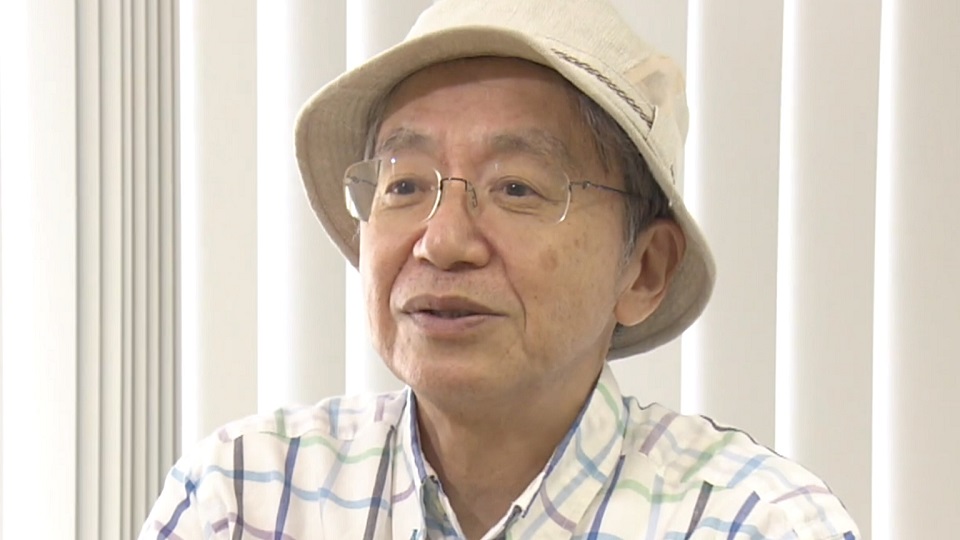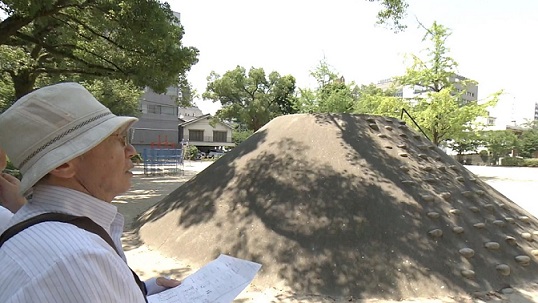At this year's G7 summit in Hiroshima, Japanese Prime Minister Kishida Fumio and South Korean President Yoon Suk-yeol paid their respects at a memorial for Korean victims of the atomic bomb. The visit called attention to the fate of foreign people living in the city at the time of the attack. It's a side of the story unfamiliar to most people who visit the Hiroshima Peace Memorial Park.
"I had no clue," said a tourist from Canada. "I do not even know who would have been here during the war."
"I did not know that," said a visitor from the US. "When you think of Hiroshima, you think of Japanese victims. So I did not know there were many."
Kusumoto Akio, a retired teacher who volunteers at the park, knew about the Korean victims. But he wondered why one group of foreign residents seemed to be overlooked.
"There's a monument for the Korean atomic bomb victims," he said. "I asked myself whether any Chinese people were also exposed to radiation. Of course there were. That's when I became aware of how inexplicable it was there was no monument for remembering the Chinese victims in the peace park."

Last year, he set up a citizens' group to look into the history of Chinese hibakusha, with a focus on those who were students in Hiroshima.
Records reveal that 12 Chinese people studying at the predecessor of Hiroshima University were exposed to radiation. Six died soon after.
Among them was Zhang Xiu Ying, a 26-year-old from Japanese-occupied Manchuria. She was majoring in biology and engaged to a fellow student from China.
Zhang is believed to have died in or near her dorm, which was about 500 meters from the bomb's hypocenter. Her fiancé was walking to campus. Neither of their remains were found.

"She lost her life on the spot," said Kusumoto. "How scorching it must have been, how unbearable."
In June, Hiroshima University asked the city to include the names of the Chinese students to the official victim registry. Normally, only family members of the victims are allowed to apply. But the university decided to do so on their behalf. The names were added to the memorial cenotaph on the anniversary of the bombing.
Kusumoto and his group are hoping to one day see a monument commemorating the students, much like the one that exists for the Korean victims. He hopes it can serve as a bridge to improve the complex relationship between Japan and China.
"The atomic bomb indiscriminately crushes dreams and lives without considering nationality, ethnicity and circumstance," Kusumoto said. "There are still many things we don't know. But we want to search and find out how and where students died to pass the facts on to the next generation."

